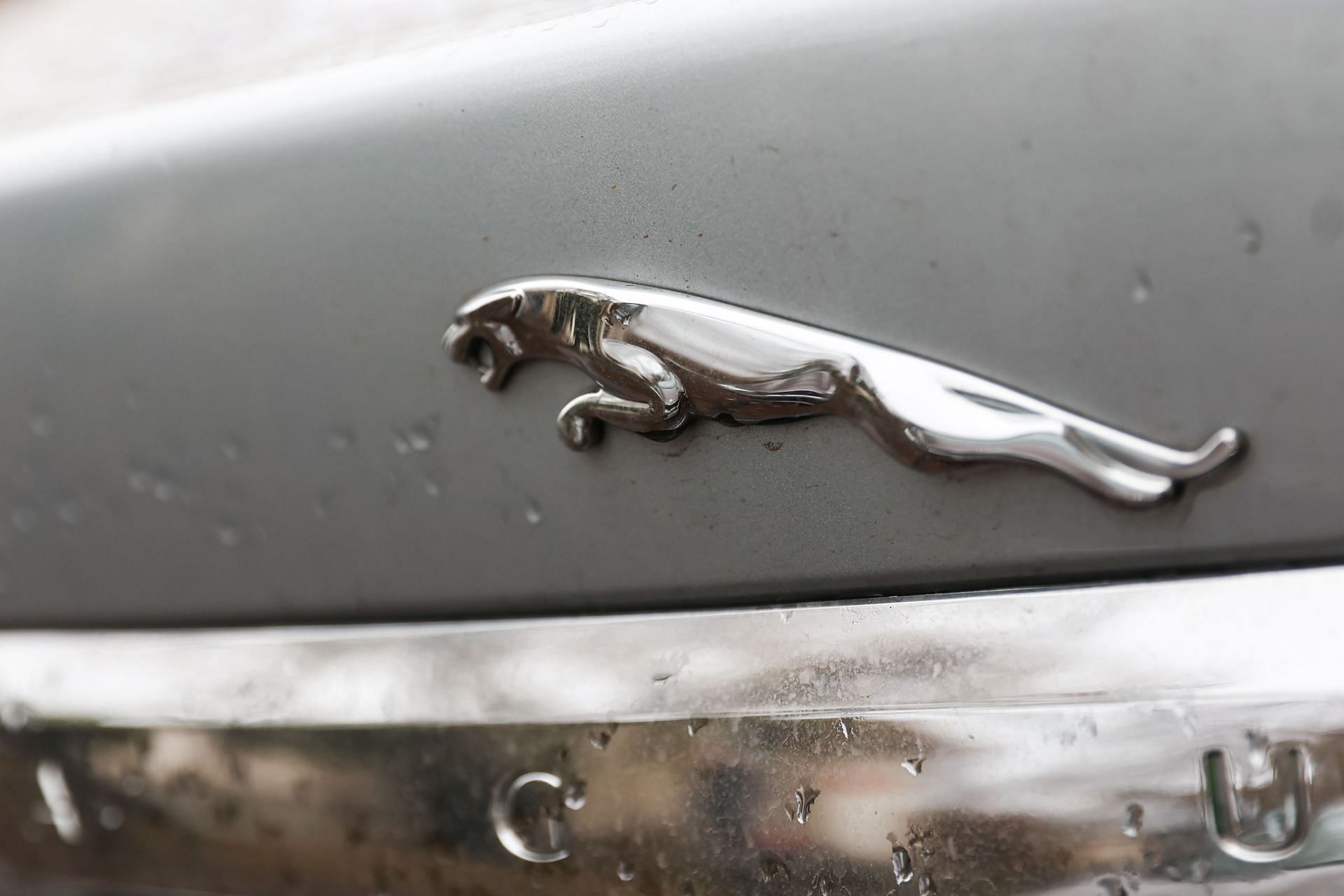
"Biggest downgrade of all time" — Internet reacts to Jaguar updating their iconic logo
On Monday, November 18, the 102-year-old luxury automaker Jaguar updated its brand logo, as it prepares for its all-electric relaunch next year.
The updated logo, in which the brand's signature big cat appeared to be missing, has attracted significant criticism across social media platforms, with some netizens calling it a "downgrade" instead of an upgrade. One X user stated:
"Biggest downgrade of all time."
Here are more reactions on X that criticized the updated logo shared by the British car manufacturer.
"Wow that’s probably the worst updated logo I’ve seen," wrote an X user.
"This era of 'simplifying' logos aka removing any drawing/creativity from it and replacing it with a plain new text font sucks," commented another.
"Modern design might be the worst thing in existence," posted a netizen.
"Some dude got paid thousands to download a font and write Jaguar," replied another user.
Meanwhile, other netizens accused the new font of being a design job done on Canva.
"Canva for sure, they’re probably trying out those new AI features haha. Prompt: 'Please take our current logo and remove toxic masculinity, the big cat we’re named after, and make it appeal to a more diverse and inclusive audience.' Mission Accomplished," posted one X user.
"Looks like it was knocked up in 5 seconds in Canva," remarked another.
Jaguar's logo update comes ahead of its re-launch
The unveiling of Jaguar's new brand logo took place ahead of its relaunch as an "electric-only brand." The new logo was launched alongside a new cat design of a prancing "leaper," and marketing slogans like "delete ordinary" and "copy nothing."
On its official website, the company spoke of the new logo—written as "JaGUar"—to have "seamlessly blended upper and lowercase characters in visual harmony."
According to a BBC report dated November 19, 2024, the British car manufacturer is set to launch three new electric cars in 2026, following its relaunch in 2025.
In preparation for the relaunch, the car manufacturer took all new cars off sale in 2023, to focus on reinventing the brand, as per the news outlet. The British manufacturer, which has plants in Warwickshire, Coventry, Solihull, and Castle Bromwich, first announced its transition to electric vehicles in 2021.
As reported by BBC on February 15, 2021, the firm said back then that it would keep three of its four plants open following the transition, with the Castle Bromwich site no longer making cars. Further, Thierry Bolloré, Jaguar's chief executive, stated that the plant would instead focus on "non-production" activities in the long run. However, no other details of said activities were offered.
According to BBC, Jaguar's decision to transition into an electric-only brand was influenced by the pressure to reduce the CO2 emission from its fleet. Furthermore, the decision of the UK Government to outlaw the sales of all wholly petrol and diesel cars from 2030 is another driving factor behind the transition.
Jaguar also claimed to invest in hydrogen fuel cell technology three years ago. The technology showed promise of generating electric power from fuel cells without producing any tailpipe emission, while water would be the only by-product in the process.
Meanwhile, Jaguar has announced on its website that the next stage in its transformation will be revealed on December 2, 2024, at the Miami Art Week. The car manufacturing brand will also debut its Design Vision Concept at the event.
Other brands transitioning to electric vehicles
Jaguar isn't the only luxury vehicle brand taking the environment-friendly step towards electric vehicles. Germany's Bentley Motors, owned by Volkswagen, has also announced to make its range fully electric by 2030.
Alfa Romeo, an Italian luxury carmaker, will have an all-EV portfolio by 2027, while Chrysler, one of the Big-3 automobile manufacturers from the US, will transition to an all-electric line-up by 2030.
Hyundai's luxury division, Genesis, has also announced that it will go fully electric by 2030. Meanwhile, Volvo, the Swedish luxury car manufacturer, aims to have 90% of its lineup be plug-in hybrids or fully electric by 2030.
It appears that 2030 will witness a new dawn in the world of luxury vehicles, dominated by EVs.